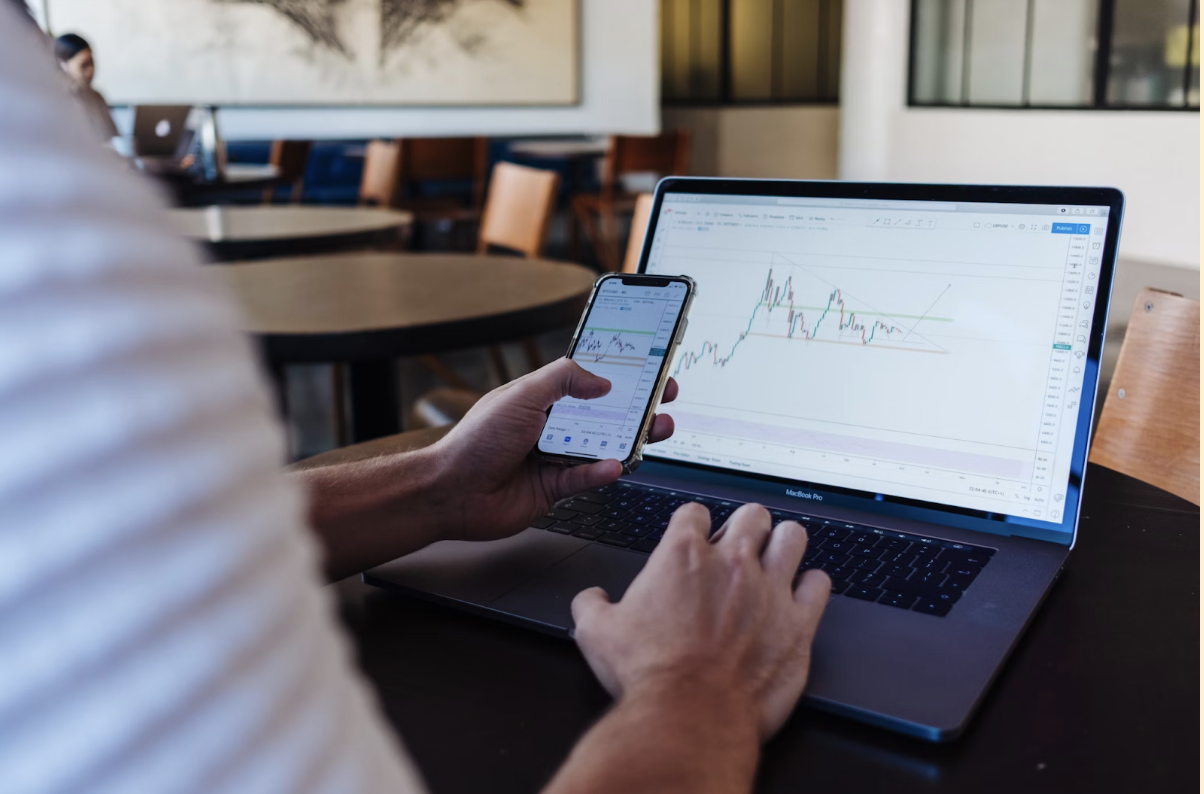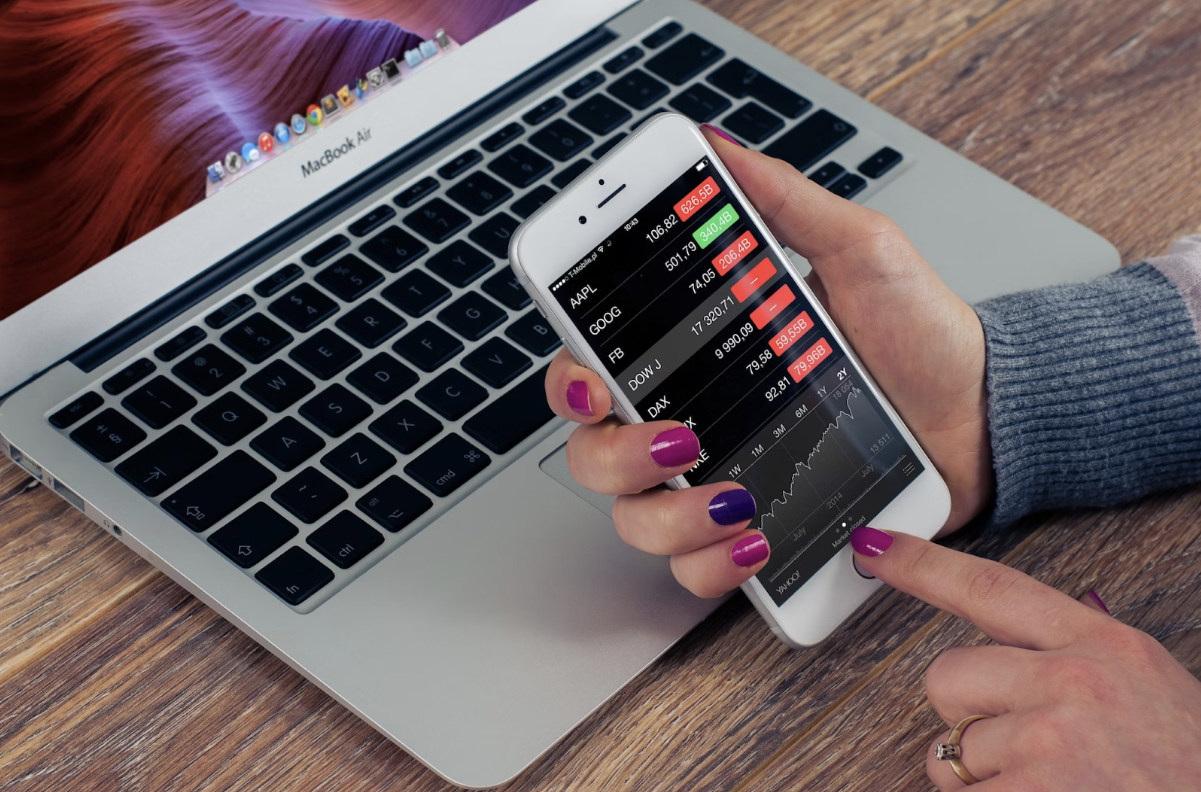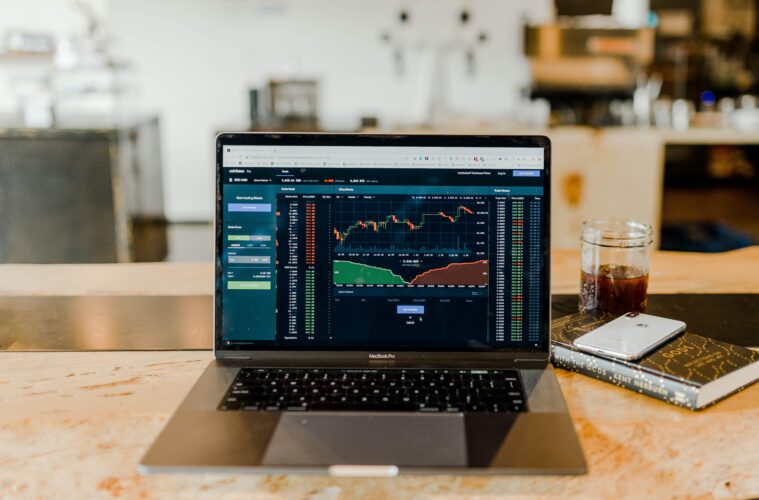Selecting the right trading platform is a critical decision for anyone looking to enter the world of financial markets. Whether you are a seasoned trader or a beginner, the trading platform you choose can significantly impact your trading experience and success. With the plethora of options available today, it’s essential to understand the key factors to consider when selecting a trading platform. In this blog post, we will explore these factors to help you make an informed decision.

1. Security and Regulation
The first and foremost consideration when choosing a trading platform, especially if you plan to use Deriv for PC, is security. You must ensure that the platform you select is secure and regulated by the appropriate authorities. Security breaches and scams are prevalent in the trading world, and you want to minimize the risk of losing your hard-earned money.
Check if the platform uses robust encryption and security protocols to protect your data and funds. Additionally, confirm that a reputable financial authority in your area regulates the platform. Regulatory oversight ensures that the platform follows strict rules and standards, providing you with a level of protection against fraudulent activities.
2. Asset Selection
Different trading platforms offer access to various financial markets and assets. Before making your decision, consider what type of assets you want to trade. Some platforms specialize in stocks, while others focus on forex, cryptocurrencies, commodities, or options.
Your trading goals and preferences will determine the type of assets you want to trade. If you’re interested in diversifying your portfolio, you might prefer a platform that offers a wide range of asset classes. Make sure the platform you choose aligns with your trading objectives.
3. Trading Tools and Features
A robust set of trading tools and features can significantly enhance your trading experience. Look for a platform that provides technical analysis tools, charting capabilities, real-time market data, and order execution options. Advanced traders may also want access to features like algorithmic trading and backtesting.
Consider your trading style and requirements. Day traders may prioritize low-latency execution, while long-term investors may need research tools and portfolio management features. Evaluate the trading platform’s user interface to ensure it suits your preferences and is user-friendly.
4. Costs and Fees
Trading is not free, and costs and fees can vary significantly among different platforms. Some platforms charge commission fees per trade, while others offer commission-free trading and make money through spreads or other means. It’s essential to understand the fee structure of the platform you choose to ensure it aligns with your budget and trading frequency.
Keep an eye out for hidden fees, such as account maintenance charges, withdrawal fees, or inactivity fees. These can eat into your profits over time. Compare the fee structures of different platforms and calculate the potential costs based on your trading volume.

5. Accessibility and Mobile Trading
In today’s fast-paced world, accessibility is key. A good trading platform should be accessible from various devices, including desktop computers, laptops, tablets, and smartphones. Mobile trading apps have become increasingly popular, allowing traders to monitor and execute trades on the go.
Ensure that the platform you choose offers a mobile app that is user-friendly and provides the same features as the desktop version. Mobile trading can be a game-changer, especially if you need to react quickly to market movements.
6. Customer Support
Customer support is often overlooked but can be crucial when you encounter issues or have questions about the platform. Check the availability of customer support channels, such as live chat, email, or phone support. Additionally, research the platform’s reputation for responsiveness and helpfulness.
It’s a good idea to test the platform’s customer support before committing to it. Reach out with a few questions or concerns to see how quickly and effectively they respond. A reliable support team can make a significant difference in resolving any trading-related issues.
7. Educational Resources
For beginners and even experienced traders looking to expand their knowledge, educational resources are invaluable. A good trading platform should offer a range of educational materials, including webinars, tutorials, articles, and demo accounts.
Demo accounts are particularly useful for new traders, as they allow you to practice trading with virtual money without risking your capital. Educational resources can help you improve your skills and make more informed decisions.
8. Account Types and Minimum Deposits
Different platforms may offer various account types with different minimum deposit requirements. Make sure you choose a platform that aligns with your financial situation. If you’re a beginner, you may want to start with a platform that offers a low minimum deposit to reduce your initial risk.
Additionally, consider the availability of different account types, such as standard, premium, or VIP accounts. These account types may come with additional features and benefits, but they also often require higher minimum deposits.
9. Reputation and Reviews
Before making your final decision, research the platform’s reputation and read reviews from other traders. Online forums, social media, and review websites can provide valuable insights into the platform’s performance, reliability, and user experience.
Keep in mind that no platform is perfect, and there will always be some negative reviews. However, look for overall positive feedback and a track record of satisfied customers.
10. Trading Experience
Lastly, consider your own trading experience and expertise. Some platforms are better suited for beginners, offering user-friendly interfaces and educational resources. Others cater to experienced traders, providing advanced tools and features.
Choose a platform that matches your skill level and experience. As you gain more experience and confidence, you can always switch to a more advanced platform if needed.
Published by HOLR Magazine.


